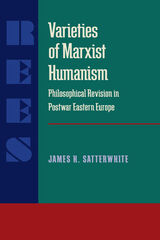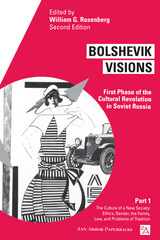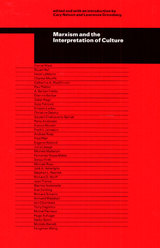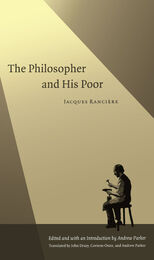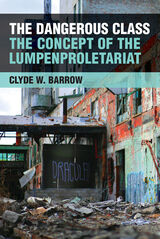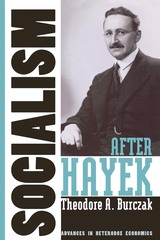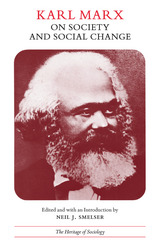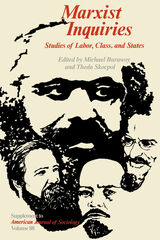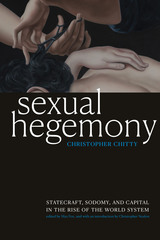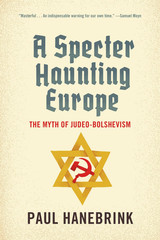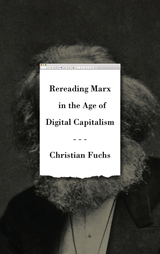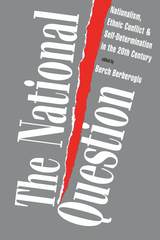Paper: 978-0-472-06951-4 | eISBN: 978-0-472-02430-8 | Cloth: 978-0-472-09951-1
Library of Congress Classification HX542.B79 2006
Dewey Decimal Classification 335
Socialism after Hayek recasts and reinvigorates the socialist quest for class justice by rendering it compatible with Hayek's social and economic theories. Theodore A. Burczak puts forth a conception of socialism from a postmodern perspective, drawing from the apparently opposing ideas of Marx and Hayek (the latter of whom achieved worldwide recognition in the twentieth century as a champion of the free market and fierce opponent of government interference in markets). Burczak sketches an institutional structure that would promote a democratic socialist notion of distributive justice and his own interpretation of Marx's notion of freely associated labor, while avoiding Hayek's criticisms of centrally planned socialism.
Burczak's version of market socialism is one in which privately owned firms are run democratically by workers, governments engage in ongoing redistribution of wealth to support human development, and markets are otherwise unregulated. Burczak poses this model of "free market socialism" against other models of socialism, especially those developed by John Roemer, Michael Albert, and Robin Hahnel.
See other books on: (Friedrich August) | 1899-1992 | Hayek, Friedrich A. von | Hayek, Friedrich A. von (Friedrich August) | Socialism and society
See other titles from University of Michigan Press



